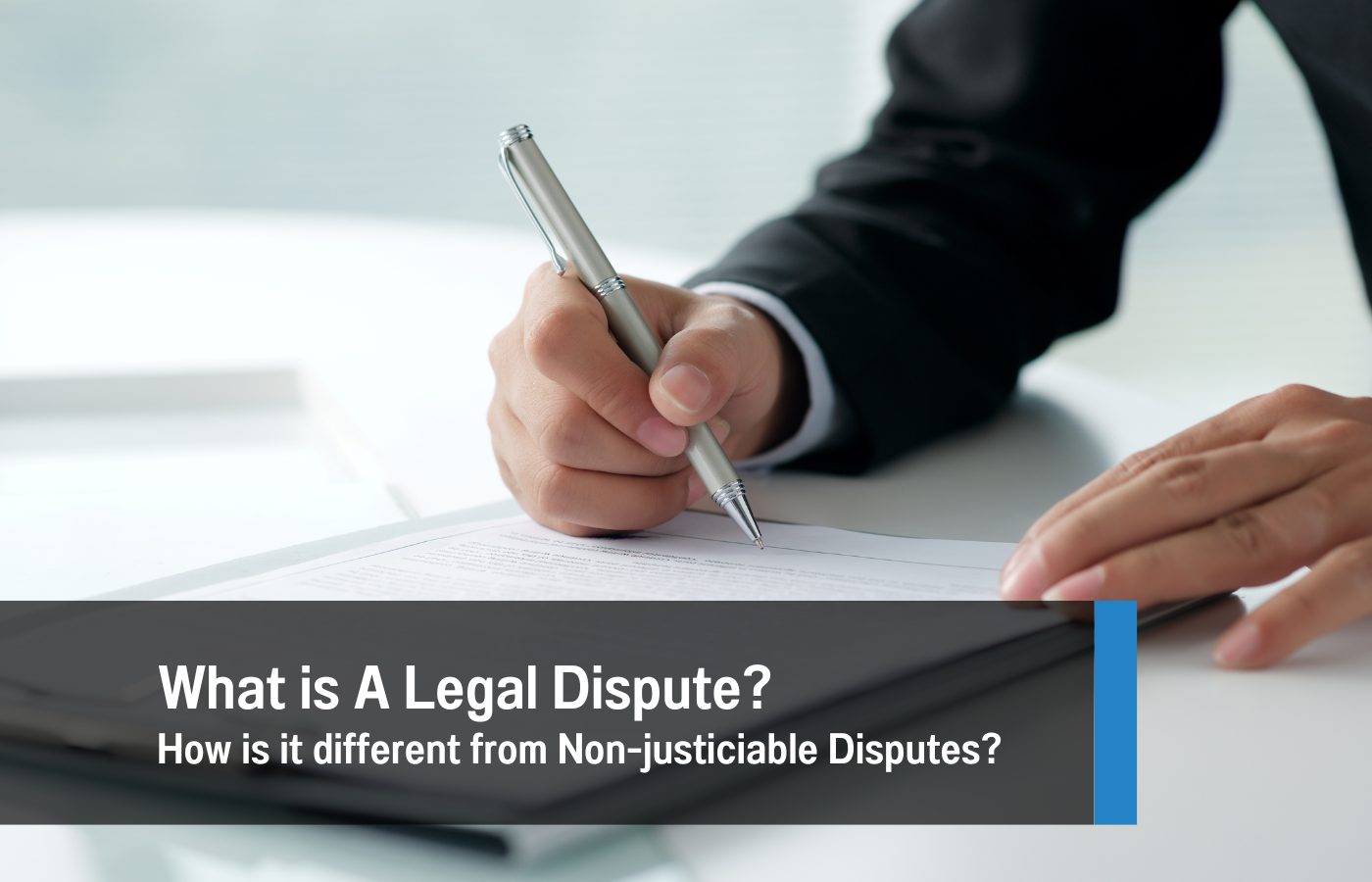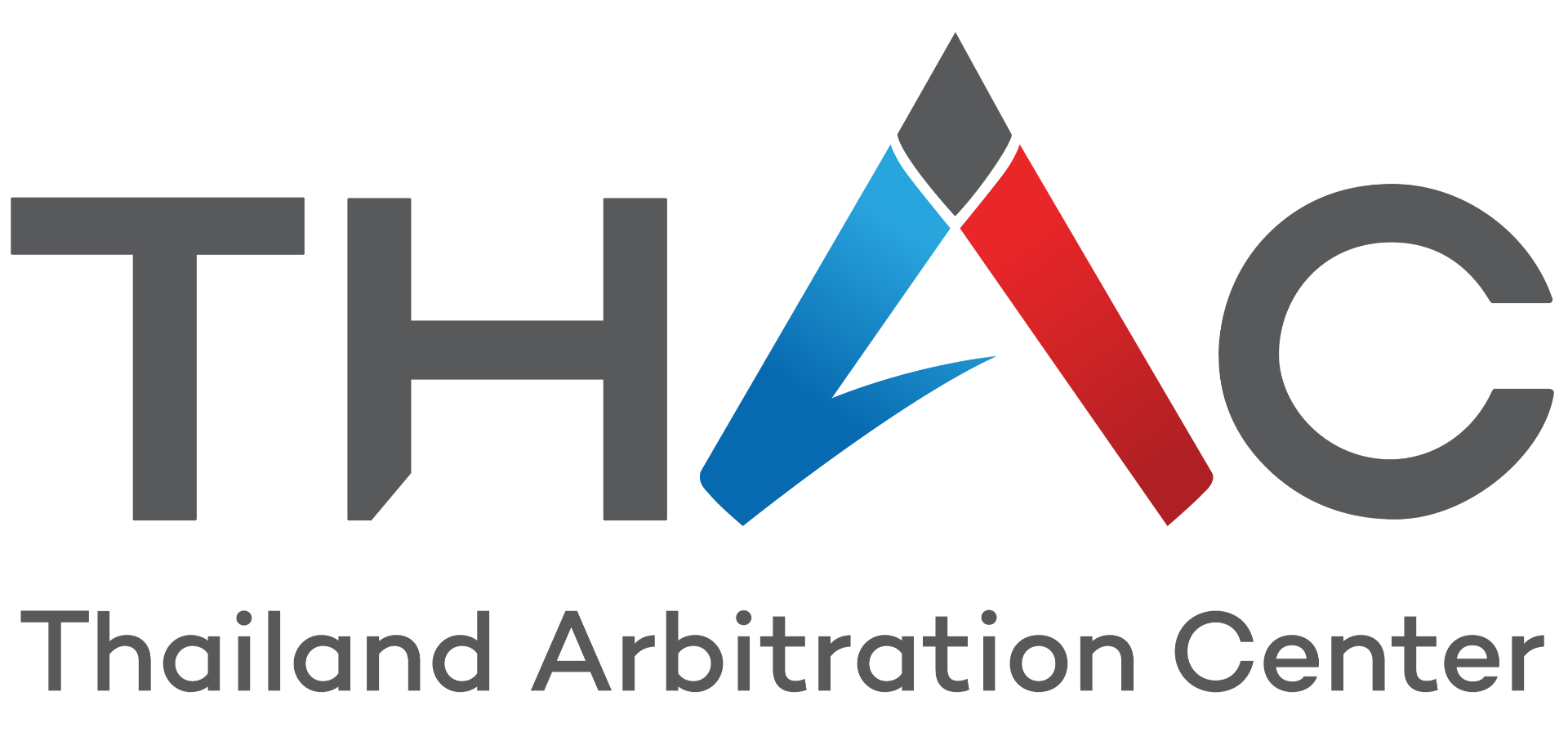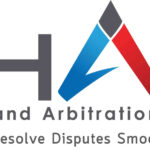
What is A Legal Dispute? How is it different from Non-justiciable Disputes?

When a dispute arises, there are various methods to resolve it; among them are “legal resolutions” and “political resolutions.” However, how are these two methods similar or different? This article from THAC will provide you with an answer to what legal disputes are and how they differ from non-justiciable disputes, along with a case example that has been resolved through legal dispute resolution methods.
What is A Legal Dispute?
A legal dispute refers to a dispute between countries that cannot be resolved, requiring both parties to voluntarily resolve the dispute through legal means, namely arbitration or court litigation. Arbitration is a voluntary means of resolving a dispute, which involves both parties agreeing on having a third party or an arbitrator in order to make a binding judgment, while the court would provide a legally binding judgment on the dispute.
What is A Non-Legal Dispute?
A non-legal dispute is a factual dispute that is suitable for resolution through political means, such as a diplomatic mission, which is a political method of resolving disputes between states that are in conflict or having a third party facilitate dispute resolution through mediation, compromise, negotiation, and investigation.
The non-legal means of resolving disputes open up opportunities for the disputing parties to negotiate, converse, and discuss their respective needs without any legal judgment or determination of “right” or “wrong,” and any proposals that arise during the process are not legally binding. This is different from the voluntary arbitration or court adjudication process.
Cost of Stupidity: Scamming The Wastewater Treatment Project in Klong Dan Canal
The Klong Dan Wastewater Treatment Project is one of Thailand’s infamous corruption projects, which has been the subject of legal disputes and joint protests for many years. The project began in 1995 with a proposal to manage and treat industrial wastewater to address pollution problems in Samut Prakan Province and restore the quality of the Chao Phraya River. It involves operations on both sides of the river in the Bang Poo Mai area and the Bang Pla Kot canal, with a budget of 13,612 million Thai Baht and a turnkey contract appointed to private companies with experience in wastewater treatment to manage everything from land acquisition, design, and construction. Nevertheless, the project auction process was marred by controversy, and the budget was eventually increased to 22.955 million Thai Baht, with revised conditions that limited the coverage only to the Klong Dan sub-district. Concurrently, there was a surge in land price in the area from thousands to millions of Thai Baht.
The company that meets all qualifications and wins the auction is NVPSKG, a joint venture. The project was handed to company “N” or “North West Water International Ltd.,” a British state-owned enterprise with experience in building wastewater treatment plants, as well as other companies that have connections with government officials. Although before NVPSKG signed a contract with the Pollution Control Department, North West Water International Limited has withdrawn, thus, raising questions about the qualifications of the joint venture.”
From the concerns regarding the limitation to only the Klong Dan area and the qualifications of the joint venture, a petition was submitted to investigate the corruption of the corporation. In 2003, numerous abnormalities were found during the investigation, resulting in the suspension of the project, and payments of over 95% or 20,000 million Thai Baht were stopped. Proceedings in court revealed that the government had won the case against the corporation. The suspension of the project led by NVPSKG has resulted in a further request for arbitration to seek a settlement in the dispute of the unfair cancellation of the contract. The verdict of the arbitration made the Pollution Control Department reimburse the remaining expenses and was ordered to pay a fine of 9,600 million Thai Baht to the corporation, which gave rise to the term “Kha Ngo Klong Dan” (meaning “stupid spending on Klong Dan”). Thailand had lost over 30,000 million Thai Baht without getting anything in return.
It can be seen that the suspension of legal disputes through court proceedings and arbitration have different verdicts, but most importantly, both are legally binding and can resolve the conflict.
If you are interested in resolving any legal disputes through arbitration or other alternative resolution methods, contact THAC today.
About THAC
Thailand Arbitration Center or THAC is a world-class dispute resolution center that offers resources to assist parties at every stage of ADR, from determining which ADR option best suits them to drafting arbitration or mediation agreements to organizing and executing proceedings.
THAC offers access to highly trained ADR professionals who are also subject-matter experts, state-of-the-art facilities, and complete administrative support. Along with a convenient location for local and international visitors, THAC is ideal for in-person and remote proceedings.
For further information about negotiation, conciliation, mediation, or any other ADR option, please feel free to contact us at [email protected] or +66 (0) 2018 1615. THAC is looking forward to helping you.

